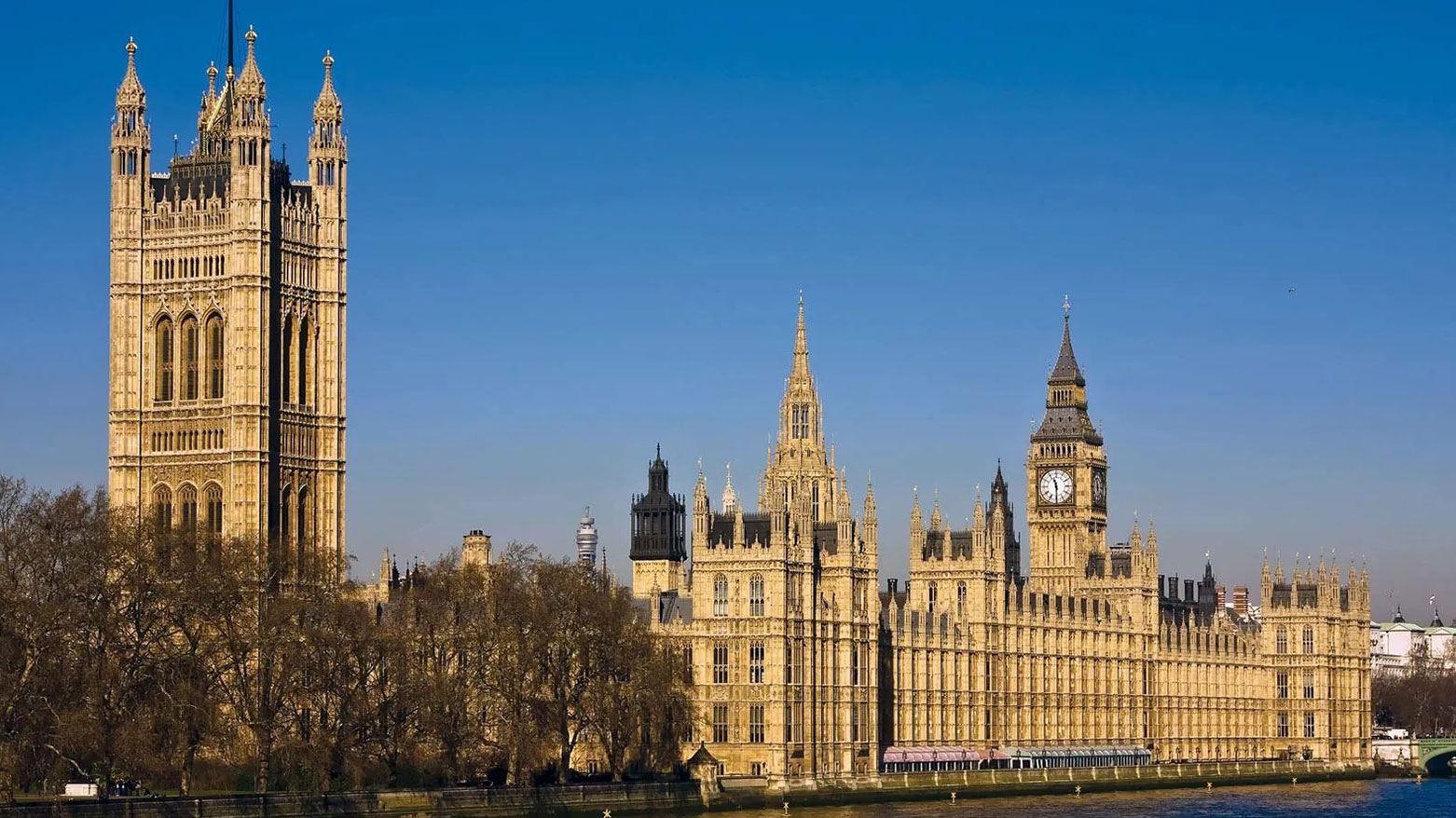Asylum Debate Dominates UK Politics Ahead of 2029 Elections
Kurdistan24 correspondent Dlovan Emaddaddin, reporting from London, noted that protests against hotels accommodating asylum seekers have become routine, occurring weekly or even daily.

ERBIL (Kurdistan24) – The asylum issue has emerged as a central topic in the United Kingdom, with political parties increasingly using it to shape their election campaigns. Data indicate that parties taking a harder line against asylum seekers often gain more public support.
Nigel Farage, leader of Reform UK, has pledged to deport around 600,000 asylum seekers if his party wins the 2029 elections. “This is not an easy task, but it will take five years to implement,” Farage stated.
Under his proposed plan, asylum seekers currently housed in British hotels would be transferred to military bases outside major cities until their deportation.
Kurdistan24 correspondent Dlovan Emaddaddin, reporting from London, noted that protests against hotels accommodating asylum seekers have become routine, occurring weekly or even daily. He added that some far-right activists have attacked these hotels, filmed the incidents, and shared the footage online.
Emaddaddin further reported that the UK government is considering an alternative plan, though not yet finalized, that would grant most asylum seekers who arrived illegally temporary status. This would allow them to work and secure housing for a limited period.
The proposal is seen as a more moderate solution that could ease pressure on the government while providing asylum seekers with a degree of stability. Human rights organizations have welcomed the idea, saying it would bring UK policy closer to international standards.
However, concerns have mounted over Farage’s recent declaration that a Reform UK government would seek to withdraw Britain from the European Convention on Human Rights (ECHR). “This is dangerous because, under the ECHR, Britain cannot legally deport asylum seekers,” Emaddaddin explained.
Meanwhile, the current British government has already signed agreements with several countries, including Iraq, to facilitate the deportation of certain asylum seekers.
However, critics argue that such agreements may not fully address the root causes of migration or provide sufficient safeguards for vulnerable individuals. Human rights advocates have raised concerns about the potential for these policies to undermine international obligations and exacerbate the challenges faced by asylum seekers.
